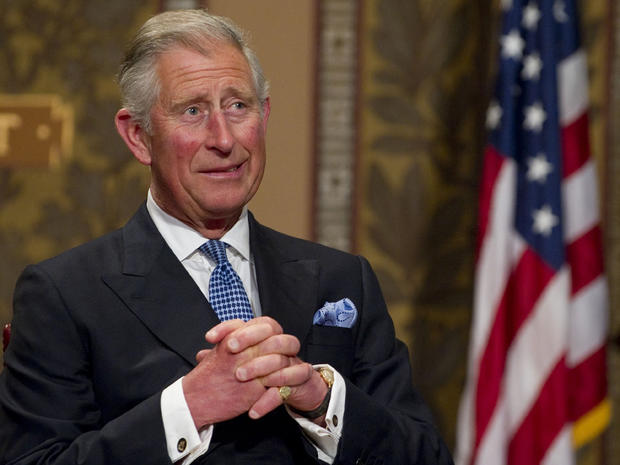Prince Charles has power to veto laws, ancient rules say
(CBS/AP) Prince Charles has more governmental power than you may think.
The heir to the British throne has veto power over some planned laws, according to ancient rules dating back to the 14th century era of the Black Prince. And the British government said Monday it has no plans to change those rules.
The disclosure that Prince Charles could potentially play an active political role has touched a nerve among anti-monarchists, but Prime Minister David Cameron's office said no changes to constitutional law were necessary.
Cameron's office said constitutional law dictates that Charles is currently consulted over laws that could potentially have an impact on the duchy, or on his interests in Wales or Chester. Charles is Prince of Wales, Duke of Cornwall and the Earl of Chester.
"If it is something that is specific to the Principality of Wales, the Earldom of Chester or the Duchy of Cornwall, then that consent is required and it's long been the case," a spokeswoman for Cameron said, speaking on customary condition of anonymity.
The queen - who has a ceremonial role in granting approval to every law passed by Parliament - must also offer consent to legislation that affects her personal property or hereditary revenues, Britain's Cabinet Office said.
Neither Cameron's spokesman nor Prince Charles' office would say whether the prince had vetoed any planned legislation or demanded alterations.
